Understanding Human Cognition: Beyond Neurology to Spiritual Dimensions
As someone who has delved deeply into the intersections between technology, science, and faith, I often find myself reflecting on questions that still baffle many: What defines us as human beings?, and more fundamentally, where does our consciousness, our mental state, truly originate from? While the natural sciences, especially disciplines like neurology, strive to understand the mechanics of the brain, I believe that such analyses, although significant, do not fully encapsulate the essence of the human experience.
Neurophilosophy vs. Neuromania: Where Does the Mind Reside?
There are two prevalent schools of thought in modern cognitive theory. The first perspective, commonly referred to as neurophilosophy, posits that all human thoughts, emotions, and mental activities are purely the result of neuronal functions within the brain. Proponents of this view argue that everything we need to know and understand about human beings can be reduced to the function of neurons—the brain’s simplest units.
But here’s where the second perspective, which I’ll call neuromania, enters the debate. This view cautions us against the notion of wholly reducing the human experience to just the sum of neuron firings. It asserts that when we essentially say that all psychological phenomena stem solely from the brain, we miss something fundamental about what it means to be human. We’re left with an incomplete, mechanical understanding that, while providing valuable insights, fails to account for the deeper complexities of our consciousness.
As someone involved in both the empirical world of artificial intelligence and committed to Christian spirituality, I’ve come to appreciate this tension. Both views highlight essential truths, but it’s crucial to recognize the limitations of each, especially when applied exclusively.
The Brain Doesn’t Tell The Whole Story
Just as we can understand that specific areas of the brain are critical for producing and appreciating music, there remains something mysterious and independent about a musical composition that can never be fully explained by firing neurons alone. Yes, we rely on brain activity to experience art, beauty, and deep emotions, but these are not entirely reducible to the biological actions of our brain.
To draw a parallel from my work with algorithms and machine learning, while complex systems can produce highly defined and even creative outputs, the end result—the art of the algorithm—still carries something that transcends a mere computational equation. There’s a beauty that escapes the technicalities of how algorithms function, much in the same way a symphony exists somewhat independently from the instruments that produced it.
This, I believe, captures the essence of what it means to be both scientifically rigorous, yet spiritually reflective. As the video discusses, this doesn’t require belief in an immaterial soul or a non-physical substance. Rather, it’s an acknowledgment that there’s still a great deal we simply don’t understand—about the mind, about nature, and ultimately about what it means to be human.
Embracing Humility and Mystery in Human Cognition
I find great humility and peace in admitting that science doesn’t have all the answers—not yet, and maybe not ever. The foundational nature of the universe itself, be it matter, energy, or something else altogether, remains a subject of discovery. Considerations about the intricate designs of human cognition must, therefore, extend beyond just physical responses and delve into the mysteries that are yet unexplored.
If our attempts to appreciate beauty—like the movement of a musical composition—are tied to neural networks, does that fully explain why that composition moves us? Does it capture the depth of our emotions or our connections to others? I think not. The critique of reducing every human experience to neural activity is a valuable warning against oversimplifying complexity—not just scientific complexity but the rich complexity which comes from being spiritual beings, capable of reflection and deeper understanding.
The Role of Faith in the Study of Consciousness
As explored in previous articles such as How Science and Theology Can Work Together, there’s no reason to accept a false dichotomy between religious experience and scientific truth. I’ve personally found that faith and the rigor of scientific inquiry don’t just coexist—they complement each other.
Christianity reminds us that we don’t need to escape the physical world to encounter God’s creation. If anything, the beauty of being human—and Christian—is recognizing the intersections of the physical and the spiritual. Our consciousness, our thoughts, desires, and feelings, may well be shaped by brain function, but the depth of those experiences cannot be contained by neural processes alone. There’s a divine complexity, an inherent dignity to our existence that transcends material limitations.
I’m reminded of the Christian principle of humility in our pursuits, echoed throughout the Bible. Proverbs 2:6 says, “For the Lord gives wisdom; from his mouth come knowledge and understanding.” The pursuit of scientific truth and deep spiritual reflection aren’t adversaries, they are partners in our journey towards greater wisdom.
Bridging Christian Ethics and Neurological Understanding
Part of why I believe so deeply in the confluence of neurological inquiry and Christian action arises from the moral imperatives of our faith. Previous discussions on Christian Responses to Poverty and Injustice remind me that understanding why we feel empathy or compassion towards others is pivotal in shaping ethical behaviors. Yet, science can only describe the brain’s function during these moments; it cannot necessarily explain the call to action itself. That morality—our drive towards justice, mercy, and compassion—must come from a richer understanding of human nature, one that sees us both as biological and spiritual beings.
By combining what we know from brain science and the teachings of Christ, we can arrive at a fuller picture of why we are here—not just as neurological beings but as agents of love, compassion, and change. This dual understanding is essential in our quest to not only understand ourselves but to live out our faith in a way that truly reflects God’s love for creation.
Closing Thoughts on Consciousness
The debate over whether all mental phenomena are reducible to the brain will undoubtedly continue for years to come. But in my experience, recognizing the limits of our current understanding and embracing the mystery of existence has led to a deeper, more profound faith. We may not have the words—or the complete scientific model—yet, but I am hopeful that as we continue to listen to both science and faith, we will draw closer to a complete truth, one that can truly explain the wondrous complexity of the human spirit.
Focus Keyphrase: Human Consciousness Beyond Neurology
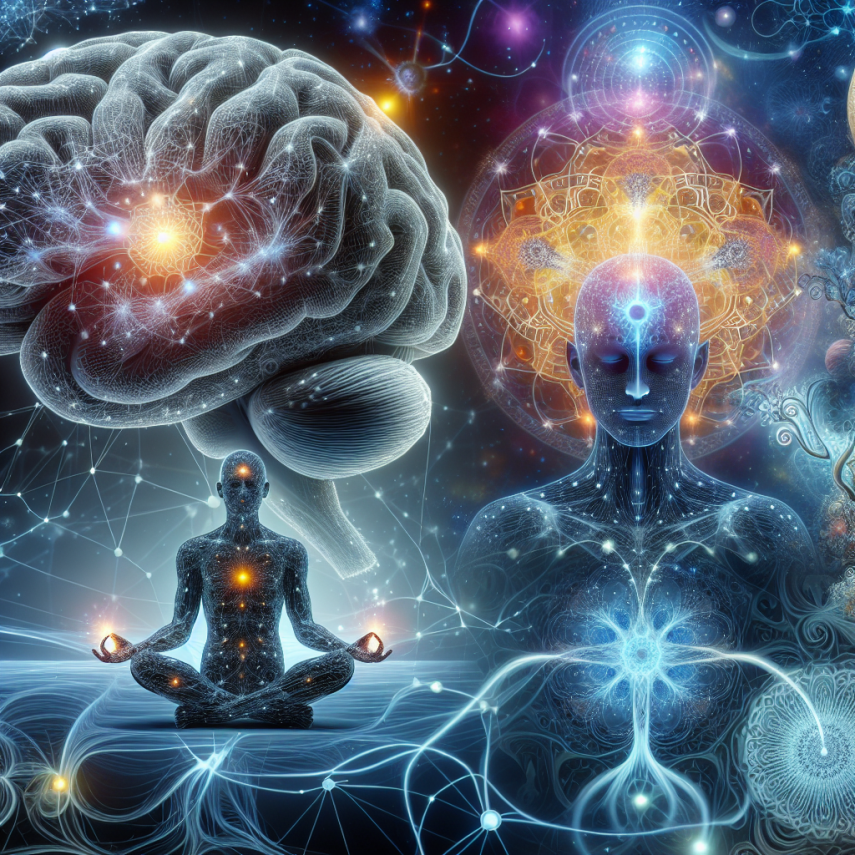
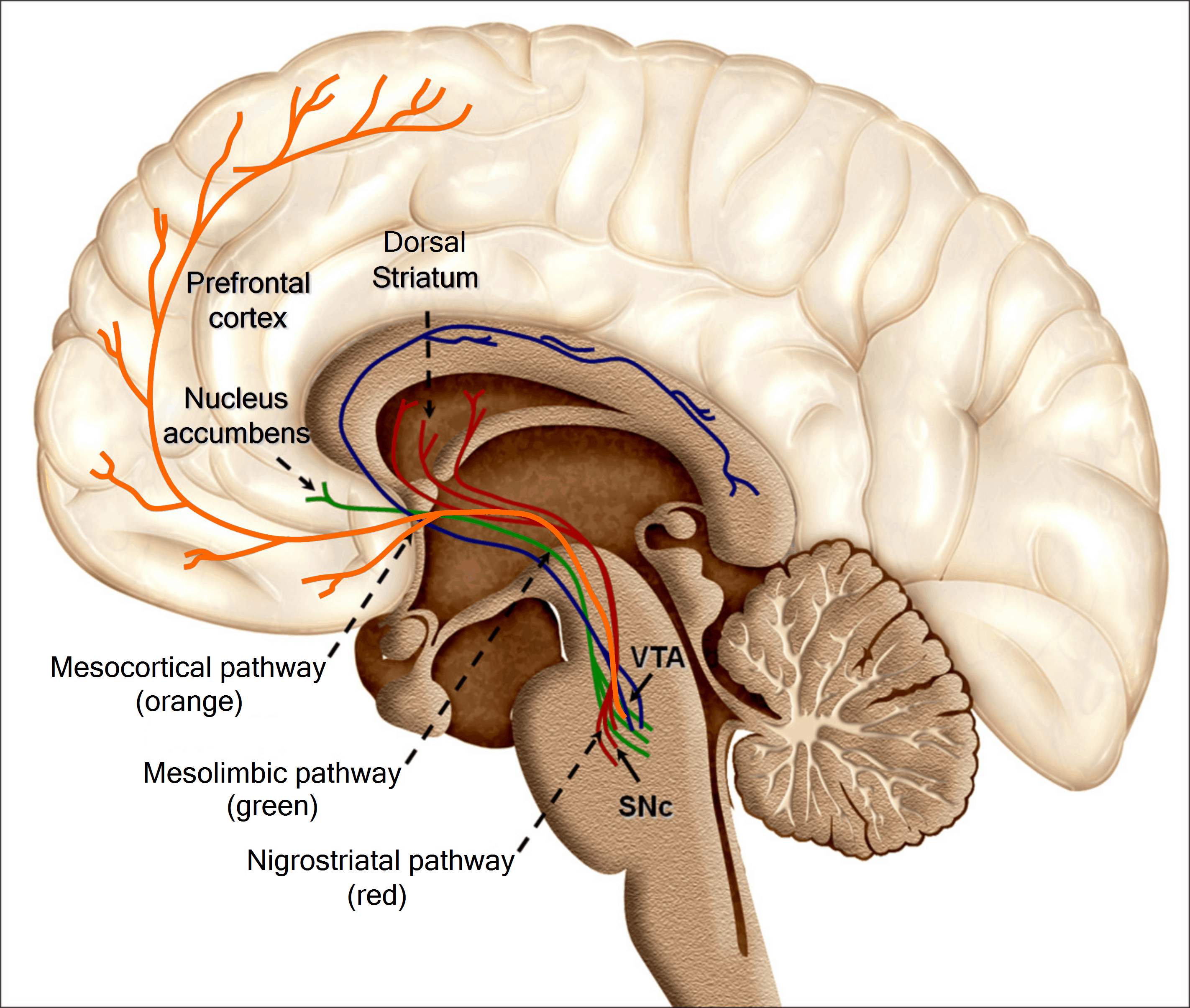
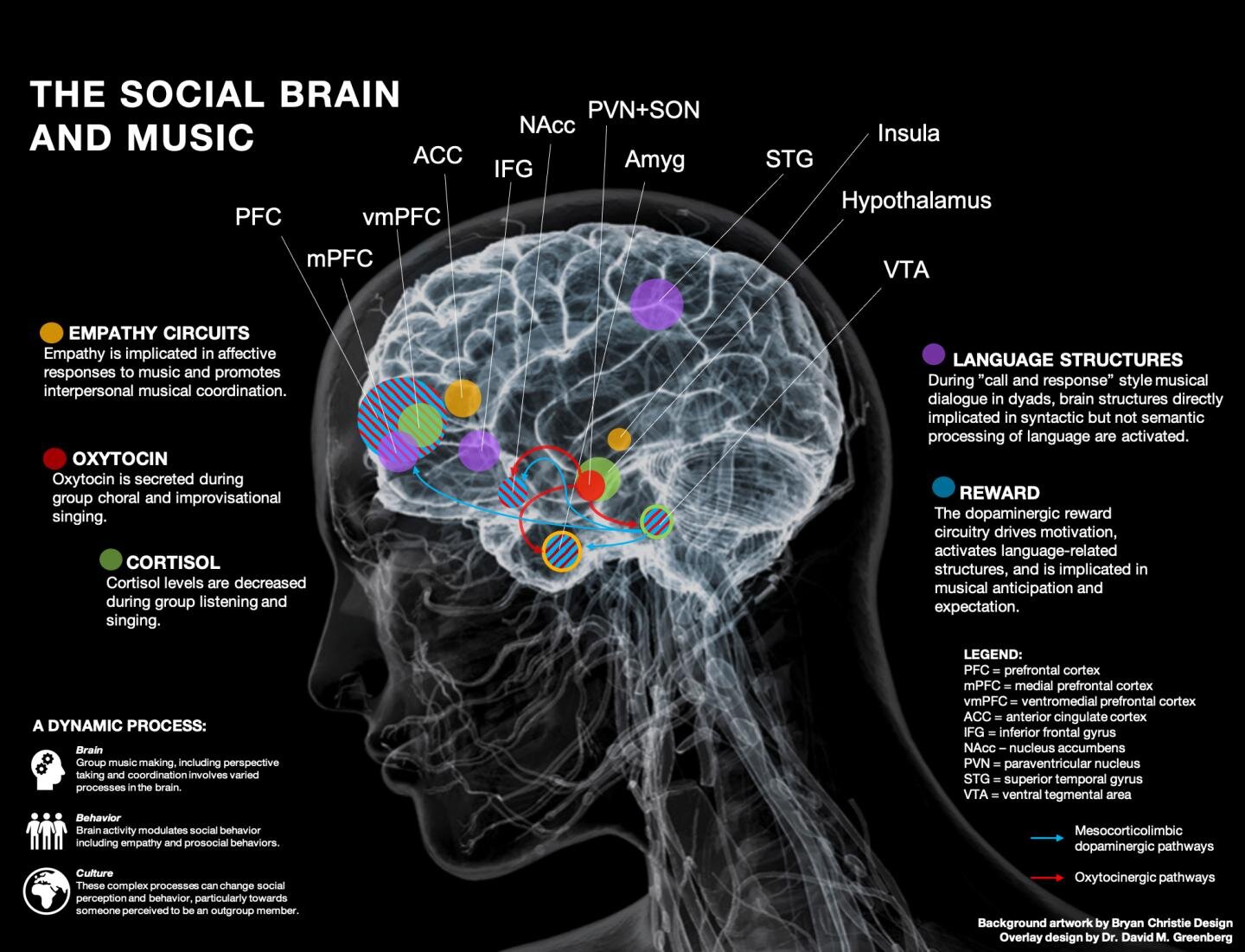


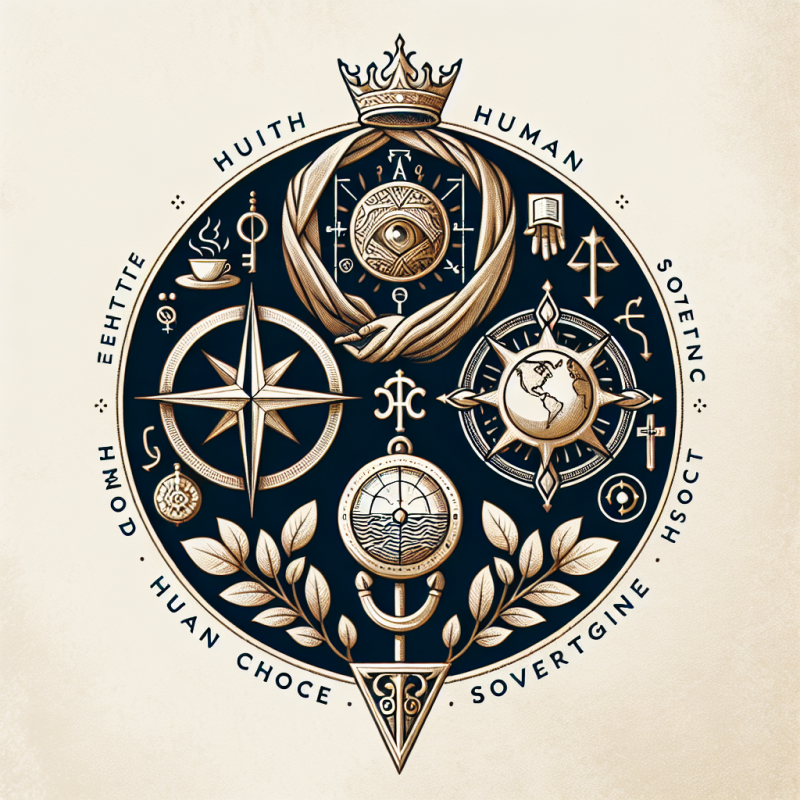
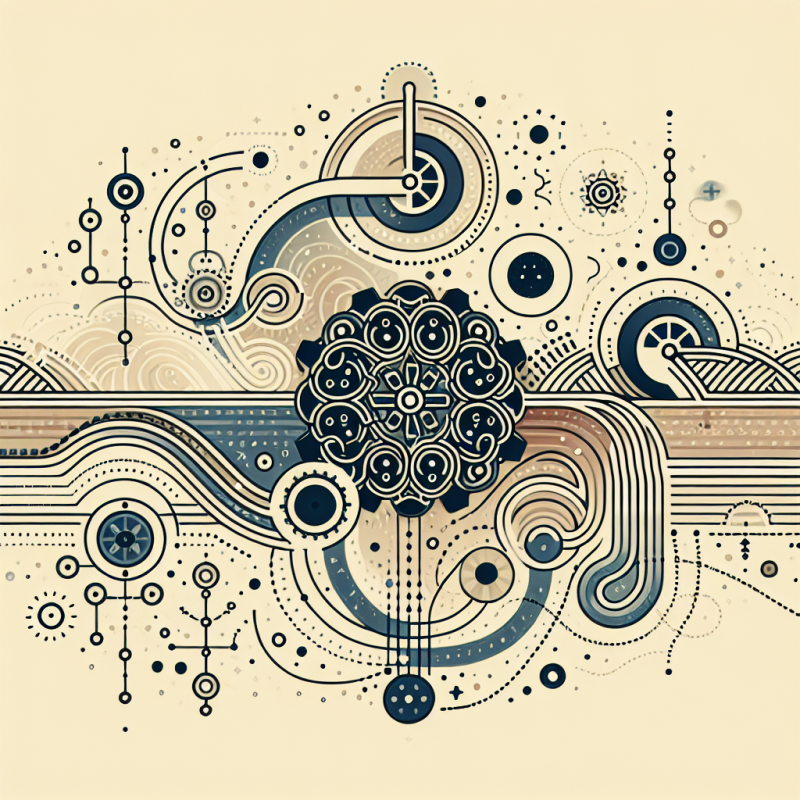
I found this article quite insightful. It raises thought-provoking questions about the human mind and the role of faith. I’m curious—how can we balance appreciating scientific advances with maintaining a respect for the mysteries that faith embraces? Does there need to be a line, or can they genuinely work hand in hand?
Understanding the depth of human consciousness requires both scientific inquiry and spiritual reflection. This article seeks to acknowledge the limitations of neurology and explore the spiritual dimensions that science hasn’t yet explained.